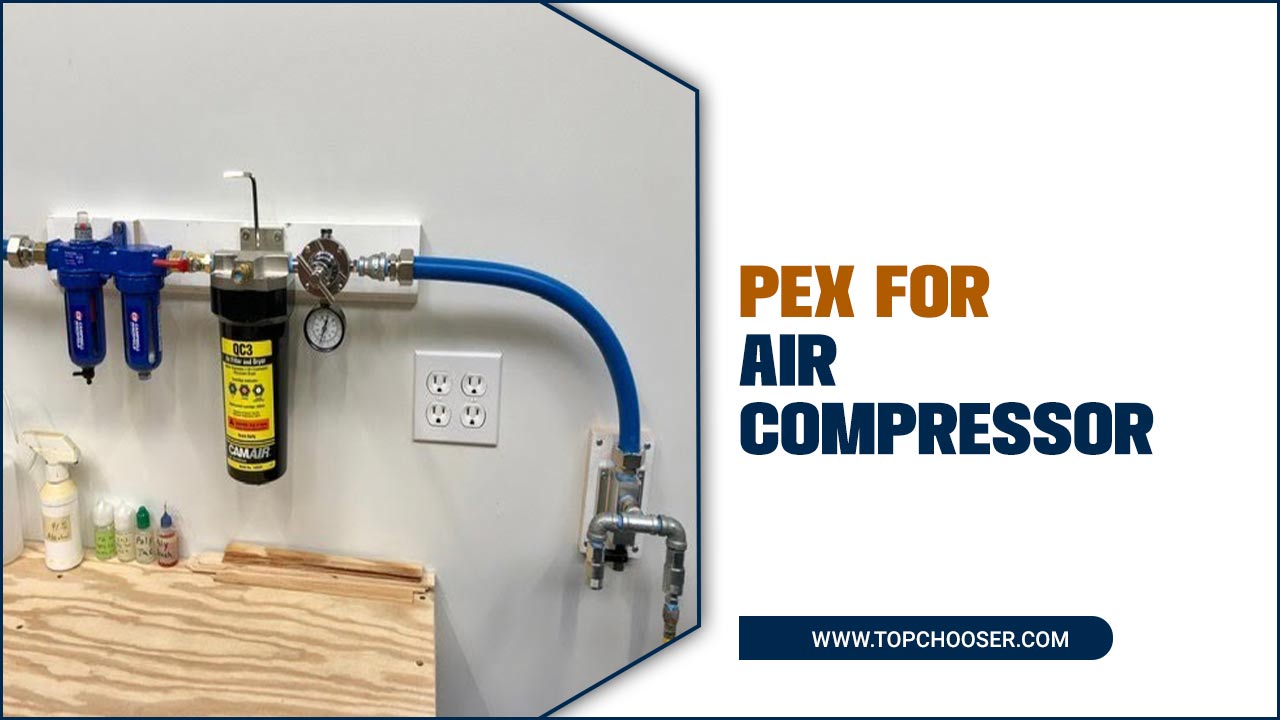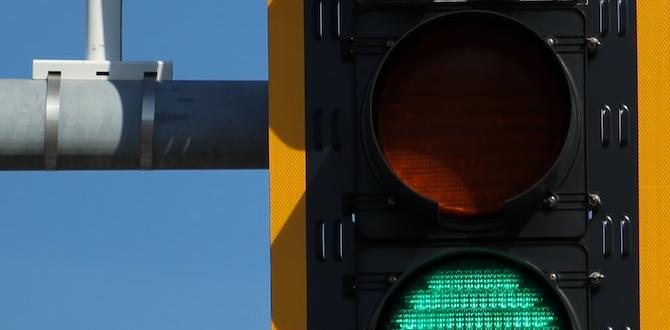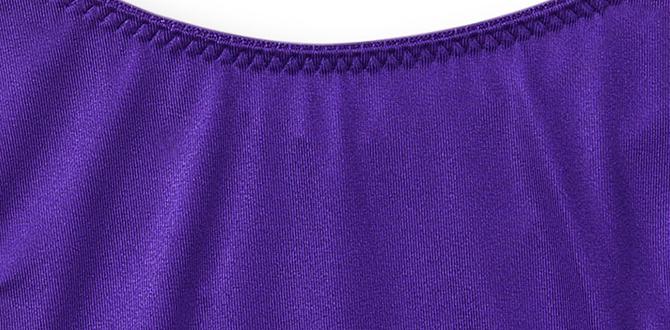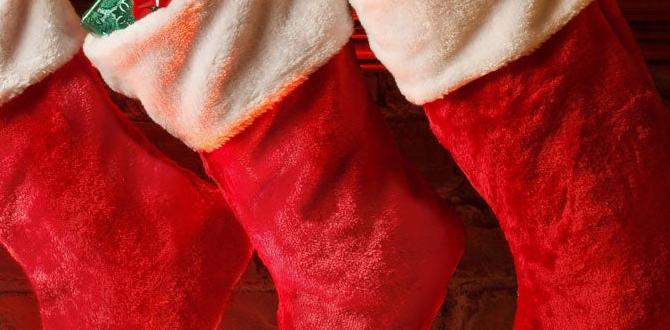Have you ever walked into your home and found a puddle on the floor? It’s frustrating, isn’t it? You might wonder, “Why is my dog urinating in the house?” This is a common problem for many dog owners.
Imagine coming home after a long day, excited to see your furry friend. But then, you step into that unexpected mess. It can make you feel confused and stressed. Dogs are smart, but sometimes they don’t act the way we expect.
Did you know that dogs can have many reasons for peeing indoors? Stress, medical issues, and even excitement can lead to accidents in the house. Each dog is unique. Learning what causes this behavior is key to finding a solution.
In this article, we will explore the reasons behind this issue. We’ll also discuss ways to help train your dog to stop urinating in the house. Let’s uncover the truth together and make home a happy place for both you and your dog!
Why Is My Dog Urinating In The House? Understanding Causes

Why Is My Dog Urinating in the House?
Many dog owners wonder why their pet might urinate indoors. This behavior can stem from several causes. It could be a sign of a medical issue like a urinary tract infection. Stress or anxiety also plays a role. Have you recently moved or changed routines? Dogs can react to changes in their environment. Training mishaps might be another reason. Remember, dogs can’t communicate like we do, so understanding their needs is key.Common Reasons for Indoor Urination
Behavioral issues and stress factors. Medical conditions that influence urination.Indoor urination in dogs can happen for different reasons. Some dogs may face behavioral issues like anxiety, fear, or lack of training. Stressful changes, like moving to a new home, can also affect them. Medical conditions can play a role too. Issues like urinary tract infections or diabetes can cause more frequent urination. Observing your dog’s behavior and health is crucial to understand the issue.
What are the signs of stress in dogs?
Signs of stress in dogs include panting, pacing, and hiding. They may also bark more or lose interest in play.
- Panting or shaking
- Changes in eating habits
- Excessive barking or whining
Signs of a Urinary Tract Infection
Symptoms to look for in your dog. Importance of veterinary consultation.If your dog is not feeling well, watch for certain signs. These can include:
- Frequent urination
- Straining to urinate
- Blood in urine
- Strong-smelling urine
- Licking the genital area
If you notice any of these symptoms, it’s important to visit the vet. A urinary tract infection can be painful. Prompt treatment can help your dog feel better quickly.
What should I do if my dog has symptoms?
Take your dog to the veterinarian as soon as possible. Only a vet can diagnose and treat your dog properly.
The Role of House Training
Effective house training techniques. Common mistakes to avoid during training.House training is really important for all puppy owners. To train your dog effectively, use positive reinforcement like treats and praise. Always take your dog outside after meals and naps. Consistency helps too. Make sure to reward good behavior, not just punish mistakes. Common mistakes include:
- Not sticking to a routine.
- Ignoring your dog’s signals.
- Using harsh corrections.
With patience and practice, your dog will learn where to go! Remember, house training takes time.
What are some effective house training techniques?
Successful training includes positive rewards, a regular potty schedule, and patience. Taking your dog out often helps build a routine.
Environmental Influences
Impact of changes in the home environment. Factors that can trigger anxiety in dogs.Moving furniture, bringing home a new baby, or even changing your routines can leave your dog feeling uneasy. These changes can trigger anxiety. A nervous dog may not know what to do and could urinate in the house.
- New scents in the house
- Visitors or strangers
- Loud noises, like thunder
Watch your dog closely. If changes happen, help him feel safe. This can stop accidents inside the home.
What causes dog anxiety at home?
Factors like moving, new pets, and changes in the family can all create stress for dogs.
Age-Related Factors
How age affects urination habits. Strategies for managing elder dogs’ needs.As dogs age, their bathroom habits may change. Older dogs might not hold it as long, leading to accidents inside. Aging can cause health issues, like bladder problems or weak muscles. These changes can confuse our furry pals. To help them, make sure they have frequent bathroom breaks. You can also set up comfy spots near the door for quick access. Remember, it’s not their fault; it’s just nature’s way of keeping things interesting!
| Age Group | Common Issues | Management Tips |
|---|---|---|
| Puppies | Inability to hold | Frequent outdoors trips |
| Adult Dogs | Rarely accidents | Set bathroom schedule |
| Elder Dogs | Health issues | Regular vet check-ups |
Diet and Hydration Effects
Influence of diet on urination frequency. Appropriate water intake for your dog.The type of food your dog eats can change how often they need to pee. Some diets are higher in water content. This can lead to more bathroom breaks. Make sure your dog always has enough fresh water. If they are dehydrated, they may not drink enough, which can also affect urination.
Here are some tips:
- Choose a well-balanced diet.
- Look for high-moisture foods.
- Ensure clean water is available at all times.
- Monitor how much your dog drinks each day.
Does diet really affect my dog’s urination?
Yes, diet greatly influences your dog’s urination. Wet food can increase bathroom trips. A good mix of food and water keeps your dog healthy and happy.
When to Seek Professional Help
Indicators that necessitate a vet visit. Understanding behavioral consultations.Some signs show your dog may need help. If your dog urinates inside often, it might have health problems. Other signs include sudden behavior changes or not eating. If you see these, seek a vet right away. A vet can check for issues like infections or diabetes.
Sometimes, dogs need more help with behavior. A behavioral consultation can help understand why your dog acts like this. This involves talking to a specialist who can give advice and training tips.
When should I call a vet about my dog?
If your dog has frequent accidents in the house, it’s a good idea to call a vet. Also, if your dog shows any signs of pain or discomfort, a vet visit is important.
Signs to consider:
- Frequent urination
- Missing meals
- Changes in energy levels
Conclusion
In conclusion, your dog might urinate in the house for several reasons. They could be stressed, sick, or not fully trained. To help, observe their behavior and check for health issues. You can also reinforce good bathroom habits. If problems continue, consult a vet or a trainer. For more tips, explore additional resources on dog behavior!FAQs
What Are The Common Behavioral Reasons For A Dog Urinating In The House?Dogs may pee in the house for a few reasons. They might be anxious or scared. If a dog is excited, it might accidentally urinate. Sometimes, dogs haven’t learned where to go yet. They could also mark their territory if they smell other animals.
Could My Dog’S Urination In The House Be A Sign Of A Medical Issue?Yes, if your dog is peeing in the house, it could mean something is wrong. Sometimes, it might be a sickness, like a bladder infection. Other times, your dog might be feeling anxious or stressed. It’s a good idea to take your dog to the vet to make sure everything is okay.
How Can I Effectively Train My Dog To Stop Urinating Indoors?To help your dog stop urinating indoors, you need to take them outside often. Take them out right after they eat or drink. When they go outside, praise them and give them a treat. If they have an accident inside, don’t punish them. Clean it well so they don’t smell it and think it’s okay to go there again.
Are There Specific Triggers Or Situations That Might Cause My Dog To Urinate Inside?Yes, there are things that can make your dog urinate inside. If your dog is scared or excited, they might have an accident. Sometimes, a new place or loud noises can also trigger this. If your dog is very young or old, they might not be able to hold it. Make sure you take them outside often to help prevent accidents.
What Steps Can I Take To Clean Up After My Dog To Discourage Repeated Indoor Urination?First, clean the area where your dog peed. Use warm soapy water to wash it away. Then, use an enzyme cleaner to get rid of the smell. This helps teach your dog not to go there again. Finally, take your dog outside more often to help them learn where to pee.








